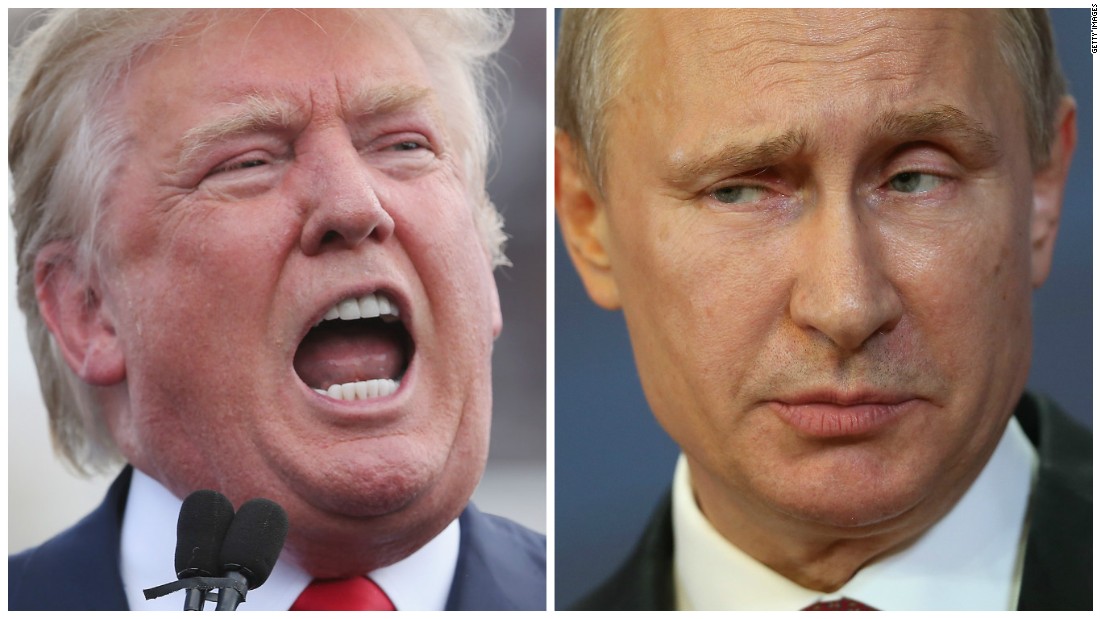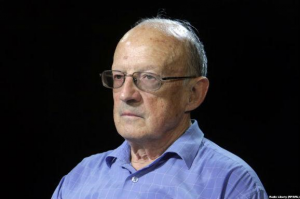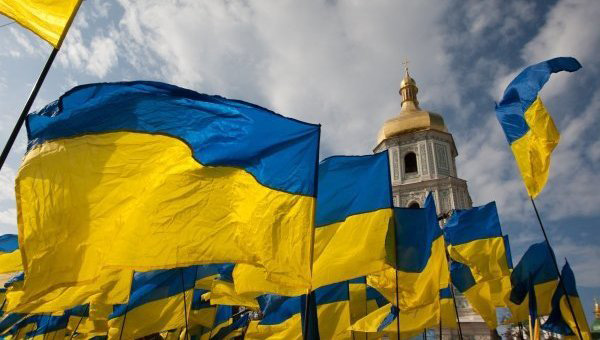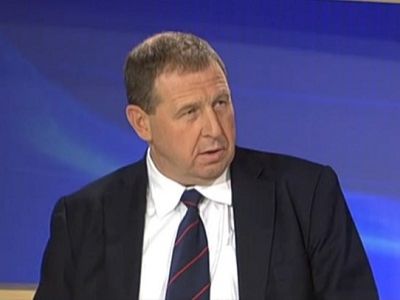Donald Trump’s unexpected suggestion that he might lift sanctions against Russia imposed for Moscow’s invasion and occupation of portions of Ukraine if Moscow agreed to new reductions in nuclear weapons has been met with some unexpected responses.
On the one hand, as Ukrainian analyst Vitaly Portnikov notes, it has sparked the first serious criticism of Trump by Russian officials who did not even wait until he was inaugurated to condemn this proposal.
And on the other, as Russian analyst Andrei Piontkovsky notes, talk about nuclear disarmament now can serve Moscow’s purposes, much as the accord Washington reached with then-Russian President Dmitry Medvedev after Russian aggression against Georgia in 2008.
Each of these arguments merits consideration.
Portnikov writes that many Ukrainians and supporters of Ukraine see Trump’s move as harming Kyiv’s interest by suggesting that the incoming US president is prepared to overlook what happened there in pursuit of an issue of more direct concern to the new nationalist leader in Washington and his followers.
But then something happened, which neither Trump nor many commentators could have reasonably expected: Putin’s spokesman rejected the idea out of hand, a rejection that was repeated by the usual suspects in Moscow who said inter alia that “we will not trade away our sovereignty and such a conversation would be precisely about that.”
The reason for this reaction, the Ukrainian commentator argues, is that “it is simpler for Putin to leave the Donbas than it is to begin talks about arms reductions.” He is in the first instance “president of the siloviki” and those people are “certain” that any arms reductions would work against Russia’s national interests.
“Russian generals, who support the Putin regime, are convinced that they are fighting not with the Ukrainians but with ‘the Yankees.’ And they view Trump’s declaration as a clever move, one that promises to end certain sanctions in exchange for opening a gap in Russia’s defenses.”
“I do not doubt that none of this came into Trump’s head,” Portnikov continues. He simply said what seems to him a self-evident truth – namely that there are too many nuclear weapons and that they should be reduced in number. But he is “a neophyte” in such matters and has never studied the problems of disarmament or the nature of the Russian regime.
And thus, Portnikov says,
But Piontkovsky for his part reads what has occurred in a completely different way, albeit one that may contain within it, as does Portnikov’s approach, clues to how bilateral relations between Moscow and Washington are likely to develop in the coming months.
According to the Russian analyst, Trump couldn’t have come up with the idea about ending sanctions in exchange for new cuts in nuclear weapons. He simply hasn’t focused on the nature of those weapons or what they mean. And that suggests, Piontkovsky argues, that the Kremlin itself was behind the proposal that its spokesman then rejected.
While the Russian military recognizes, as does the American, that more deep cuts are unlikely if mutually assured destruction is going to continue to work, talk about them can be politically useful, especially if any “agreements” are vague and subject to radically different interpretations.
There is an obvious precedent for such an approach: the Obama-Medvedev agreement, which “Moscow needed because it gave it superpower status, covered over Russian aggression against Georgia, and led to the declaration of a reset in relations. And all that seemed to Nobel Peace Prize laureate Obama a new step toward his ludicrous goal of doing away with all nuclear weapons.
Consequently, Putin may hope to use talk of such an accord for similar purposes, even if the initial reaction of his spokesman and backers is strongly negative. After all, that may be for one domestic constituency; talking about achieving agreement especially, if it leads to the lifting of sanction, works for another.
Related:
- Putin's remarks about Russian prostitutes say more about him than about Trump, Orlova says
- Three Russian answers to the question 'Is a Putin-Trump strategic alliance possible?'
- Outline of possible 'Bid Deal' between Putin and Trump on Ukraine emerging, Oleshchuk says
- Khrushchev gave us 'sputnik,' Gorbachev 'perestroika,' and Putin ... 'kompromat'
- Putin conducts his foreign policy like a special op, Melnikov says







